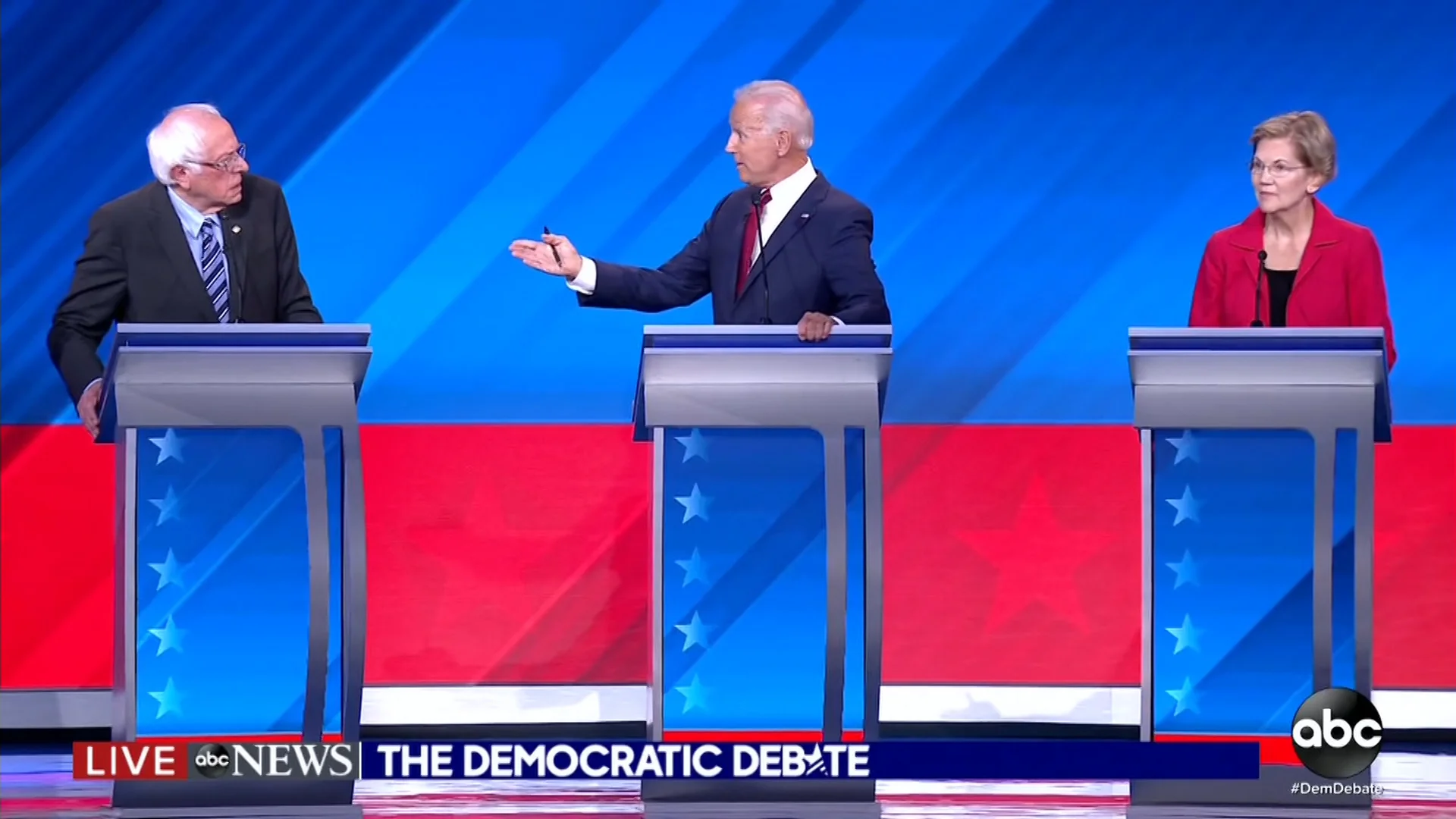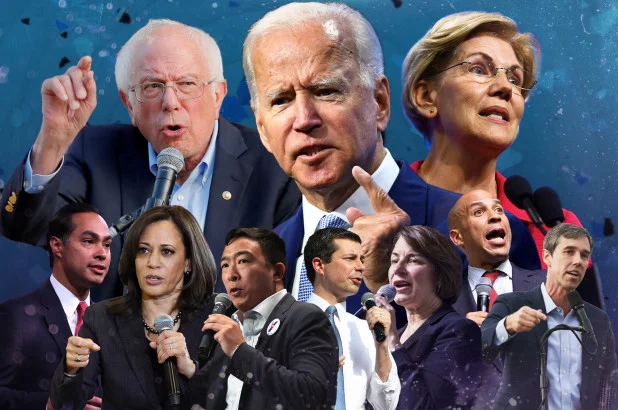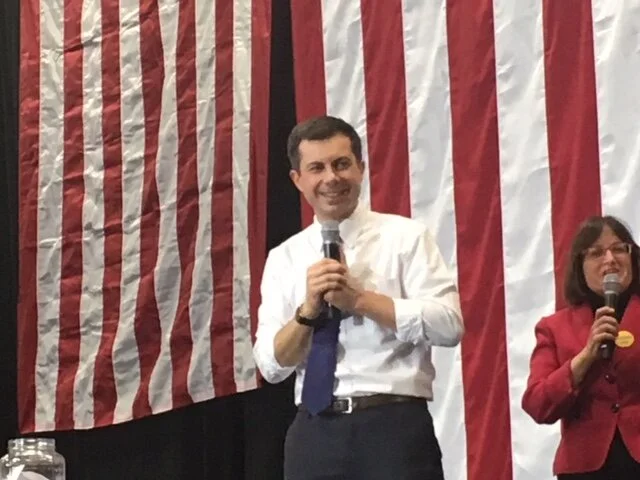Healthcare Divides Democrats in Third Debate and Likely Well Beyond By Luke Perry
The third Democratic presidential primary debate reduced the participating field to 10 candidates, while retaining a heavy focus on healthcare evident in previous debates.
Moderator George Stephanopoulus began by stating that differences between front runner Joe Biden, and Senators Warren and Sanders, who want to replace the Affordable Care Act (ACA) with Medicare for All, “strike at the heart of this primary debate.” The candidates then spent a substantial amount of time sparring over various plans to expand and enhance the U.S. healthcare system.
Political attitudes provide some credence for Stephanopoulus’ assertion. 75 percent of Americans viewed healthcare as a “very important” issue prior to the 2018 election, including nearly 90 percent of Democratic voters, and 60 percent of Republicans.
This was echoed in exit polls. A plurality of voters (41 percent) identified healthcare as their top issue. This favored Democrats, who took control of the House, as 56 percent of voters believed the country was on the wrong track.
Photo from PBS Newshour
The party’s path forward on its signature issue was “surprisingly undefined” following the election. Democrats were unified in opposition to Republican efforts to dismantle the ACA, particularly protections for people with preexisting medical conditions, but lacked consensus over further systematic reform.
Two years earlier, internal debates in creating the 2016 party platform included divisions over the ACA and a single payer system. Supporters of Hillary Clinton wanted to accentuate the benefits of the ACA. Bernie Sanders’ supporters were less enthusiastic, instead pushing for the adoption of universal healthcare coverage.
Photo from U.S. News
Sanders’ influence is a key consideration in making sense of the 2020 primary dynamic. His unwavering advocacy for a single payer system has prompted other candidates to react, including others atop the polls. Elizabeth Warren has aligned herself with Sanders, while Joe Biden, has criticized the potential cost and tax increases.
Remaining candidates, such as Amy Klobuchar, have aligned themselves with Biden, or attempted to carve out space in between. Kamala Harris and Pete Buttigieg, for instance, support an option to join Medicare without mandating enrollment and abolishing private insurance.
The now very public debate over the future of Democratic healthcare policy can be traced to Sanders’ continued popularity among Democratic primary voters. This, coupled with Warren’s embrace of Medicare for all, suggests the healthcare debate will not subside anytime soon.
Primary campaigns and elections are in part designed to contest policy positions, so the current dynamic could be viewed as healthy and productive. On the other hand, prolonged public division over the next five to ten months risks undercutting a major strength for the party: Americans trust Democrats more than Republicans when it comes to improving healthcare.
Americans want better coverage and lower costs, but can be risk averse when it comes to major systematic change. 156 million people now receive health insurance through their employers. Most Americans favor Medicare for all, but not if private insurance is abolished. That appears to be the most feasible path forward, though by no means politically safe or certain.
Luke Perry (@PolSciLukePerry) is Professor of Government at Utica College








